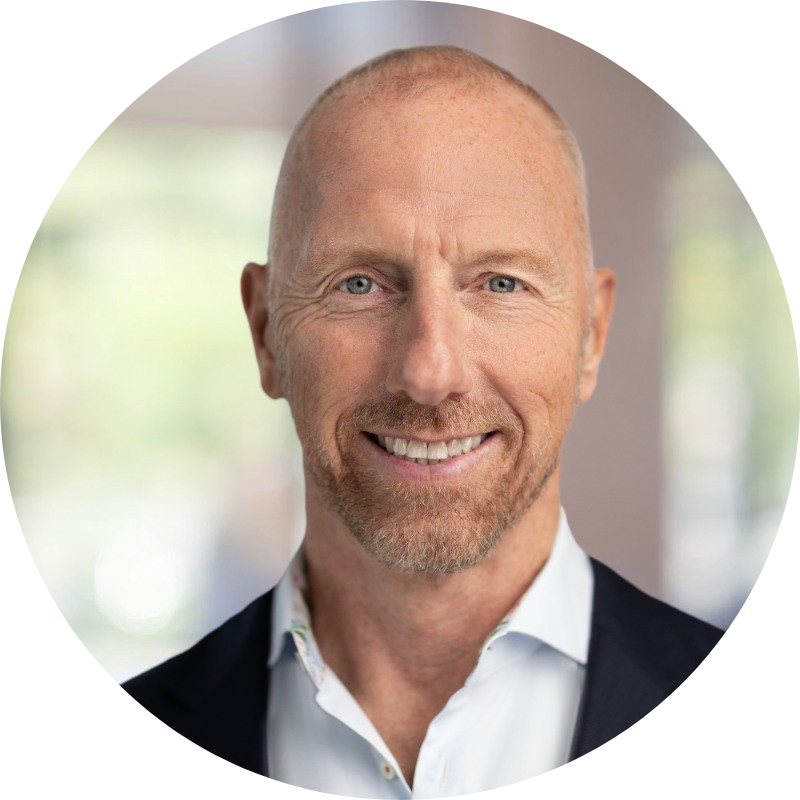
December 1 is World AIDS Day. HIV is still a global pandemic with a staggering 1.3 million new cases in 2023—that’s 1 new transmission every 30 seconds. In 2022, Canada saw a 25 percent increase—the largest leap in cases in over a decade.
Learn how to make a wearable red awareness ribbon with HIV advocate Muluba Habanyama. All you need is red ribbon and a small safety pin!

it’s official: we broke the world record for the most awareness ribbons made in one hour in toronto. then, we set the world record for the largest awareness ribbon mosaic in ottawa. check out the galleries and share on social media using #myredribbon!
Tues., Nov. 12: at the 519 Community Centre (Toronto)
We broke the Guinness World Records Title for the most awareness ribbons made in one hour! The previous record was 5,471. Our community came together and made 11,255 ribbons. Special shout-out to longtime HIV survivor Billy Newton-Davis for his incredible role as our expert judge.
Download and share the gallery using #myredribbon. Please credit @matt_tibbo_photography and @ryanemberley, and tag @canfar1987, @the519, @gileadsciences, and @guinnessworldrecords.
Wed., Nov. 13: at Snider Plaza (Ottawa)
We set the Guinness World Records Title for the largest awareness ribbon mosaic made of awareness ribbons! This new record needed a surface area of 25 square meters, and we measured in at 29.706 meters squared!
Download and share the gallery using #myredribbon. Please credit @szemingwu, and tag @canfar1987, @centretownbia, @gileadsciences and @guinnessworldrecords.
Learn how to make a red ribbon
There’s no right way to make a red awareness ribbon; but these ones are probably the easiest.
Find a red ribbon closeby
Find where to get one of over 50,000 red ribbons at AIDS-service and community-based organizations across Canada.
Donate to your local HIV org
Your local HIV/AIDS service providers need your support to keep helping people living with HIV in your community.
Muluba spotlights the status of HIV in Canada and highlights some of the key factors affecting our domestic epidemic.
Randy Davis shares what it’s like to experience HIV stigma and how he promotes U=U with the I CAN GIVE U campaign.
Julio Reyes Cocka takes his love of fashion and shows us a few different ways to rock a red awareness ribbon this World AIDS Day.
Myles Sexton shares the history of the red ribbon and talks about its significance not just on World AIDS Day, but year-round.
Ashley Murphy shows how easy it is to talk openly about HIV/AIDS with anyone – whether it’s on World AIDS Day or any other day.
Justin Anantawan has a golden voice and sings a beautiful rendition of Natural Human as his theme for World AIDS Day 2024.
Mathew Fleury shares a thoughtful message for World AIDS Day. (Video coming soon!)
Jade Elektra talks about the realities of living with HIV and the important conversations we need to have as a community.
HIV doesn’t slow Gabriel Jarquin down. He shares how World AIDS Day 2024 coincides with running his 11th marathon.
Joey Arrigo shares how dance and art have shaped his mind, body and spirit and helped him through his HIV diagnosis and beyond.
Martin Morberg shares a message about ending HIV by putting people first. (Video coming soon!)
Trevor Stratton speaks about housing not just as a basic right, but also healthcare – especially for Indigenous people.
Ciro Muiruri sends a message from Kenya about losing her parents to AIDS-related illnesses and empowering youth in HIV prevention.
Matt Hyams talks about the lives we’ve lost to HIV/AIDS and his hope for a future free from both stigma and the virus itself.
Wear a red ribbon. Use #myredribbon on social media. Donate to your local AIDS-service organization. Educate yourself, your friends & family about the realities of HIV today and the science behind U=U. Get tested for HIV and other STBBIs.
Wear a red ribbon
Make your own red ribbon and wear it leading up to and after World AIDS Day. Muluba will show you how!
Find local HIV testing
whereto.catie.ca is a free resource that can help you find HIV and STI testing services and harm reduction resources in your local area.
Visit a local landmark
Over a dozen national landmarks will be lit up red on December 1, 2024 in commemoration of World AIDS Day.
Read more about HIV
Sexfluent.ca is a digital resource to learn about sexual health, mental health and harm reduction. Produced by CANFAR, Sexfluent is a trusted source for HIV 101.
Donate to local services
Government funding for your local organizations hasn’t kept pace with Canada’s HIV epidemic.
Order an HIV self-test kit
You can order HIV self-test kits for free to your home. They’re a safe, accurate and private way to learn your status. If you test positive, you can get connected to care.
Share a message of support for people living with HIV and help us end HIV stigma in this generation.
Visit our campaign partners to learn more about the HIV/AIDS response in your area.

A word from our campaign partner, Gilead Sciences Canada.

“This marks our third year partnering with CANFAR on the national campaign, and we’re incredibly proud to support the many frontline organizations across Canada bringing attention to HIV and driving action.
Our commitment remains focused on the people most affected by this epidemic—ensuring that every individual has access to the care and support they need.
By staying true to this mission, we aim to help end the HIV epidemic for everyone, everywhere.”
—
Paul Petrelli, General Manager
Gilead Sciences Canada
